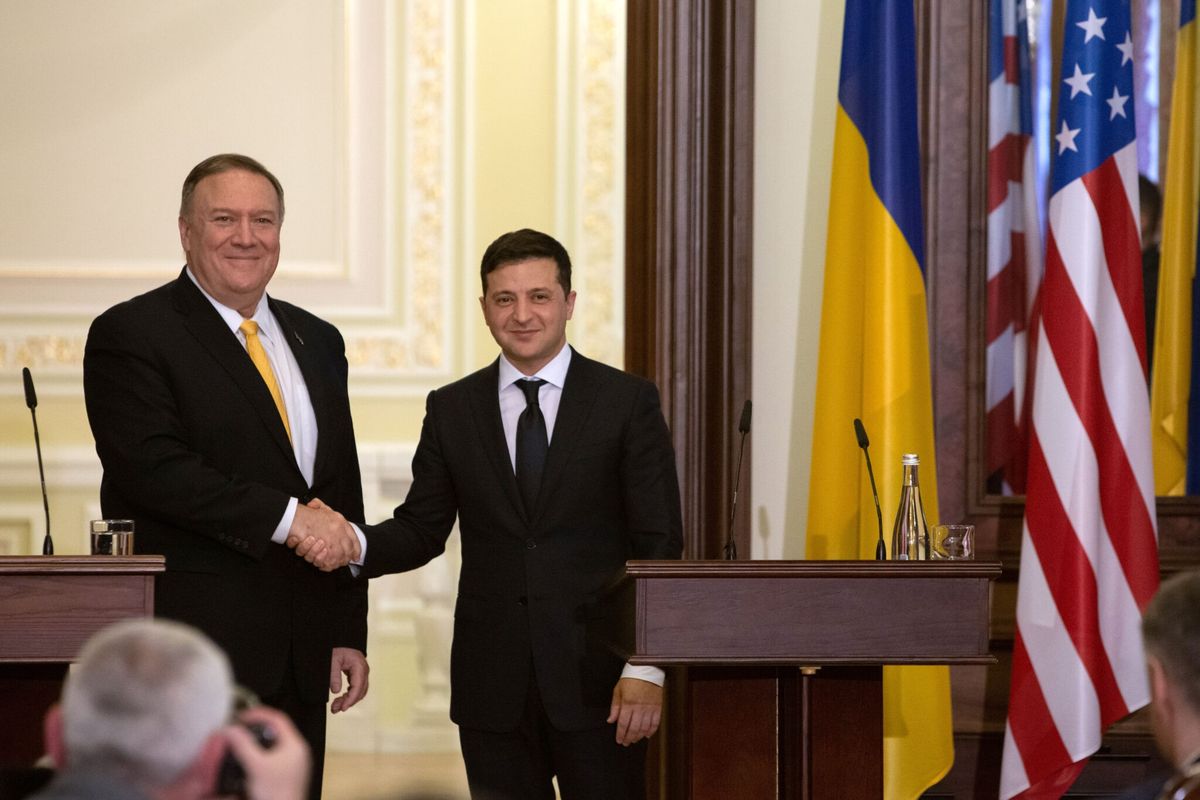The shadow of President Donald Trump’s comments in August forewarning that the United States would meet any threat from North Korea with “fire and fury” loomed over a Senate hearing Tuesday on the sole authority of the president to launch America’s nuclear arsenal.
“We are concerned that the President of the United States is so unstable, is so volatile, has a decision making process that is so quixotic that he might order a nuclear weapons strike that is wildly out of step with U.S. national security interests,” said Sen. Chris Murphy (D-CT) during the hearing before the Senate Foreign Relations committee.
The hearing was the first since 1976 that examined the president’s authority and process for the use of nuclear weapons, said Sen. Bob Corker (R-TN), the committee chairman. Members on the panel testifying before the committee pushed back on the notion of a legislative change to the president’s authority, arguing it would set a bad precedent, no matter who sat in the Oval Office.
“When we come up with fixes, we create other problems,” said retired Gen. Robert Kehler, a former commander with U.S. Strategic Command.
There are currently bills introduced in both the House and the Senate that seek to constrain the chief executive’s nuclear authority.
As commander in chief, the president has the authority to order the military to take actions, including the use of nuclear weapons, to defend and protect the United States, although Congress has the sole power to declare war under the Constitution. The first and only U.S. president to authorize the use of nuclear weapons, was Harry Truman during World War II.
“We don’t normally get a lot of foreign policy questions at town hall meetings. But of late, I’ve been getting more and more questions about ‘can the President really order a nuclear attack without any controls?’”, stated Sen. Ben Cardin (D-MD) in his opening remarks.
Witnesses before the committee attempted to assure Senators that the process for launching a nuclear weapon went through many channels and involved numerous individuals aside from the commander-in-chief.
“The system is not a button that the president can accidentally lean against on the desk and immediately cause missiles to fly, as some people in the public, I think, fear it would be,” said Peter Feaver, a former special advisor for Strategic Planning and Institutional reform at the National Security Council.
“It requires the president to work with military aides who are attending him, and who have possession of the materials that he needs. And it requires personnel at all levels of echelon command, all the way down to the missile silo, to carry out an order,” Feaver added.
“He (the President) can only give an authenticated order, which others would follow.”
When asked what happens if a military officer refused to follow orders, Brian McKeon, a former acting under secretary for policy at the Department of Defense, offered a blunt assessment.
“The chain of command runs from the president to the secretary to the combatant commander,” he said.
“And I suppose probably the first recourse would be to call the secretary of defense to tell him to order the commander to do it, and then if the commander resisted, you either get a new secretary of defense or get a new commander. But you’d have a real great Constitutional crisis on your hands if that occurred.”
Verdi Tzou is a national security web editor at The Cipher Brief.












